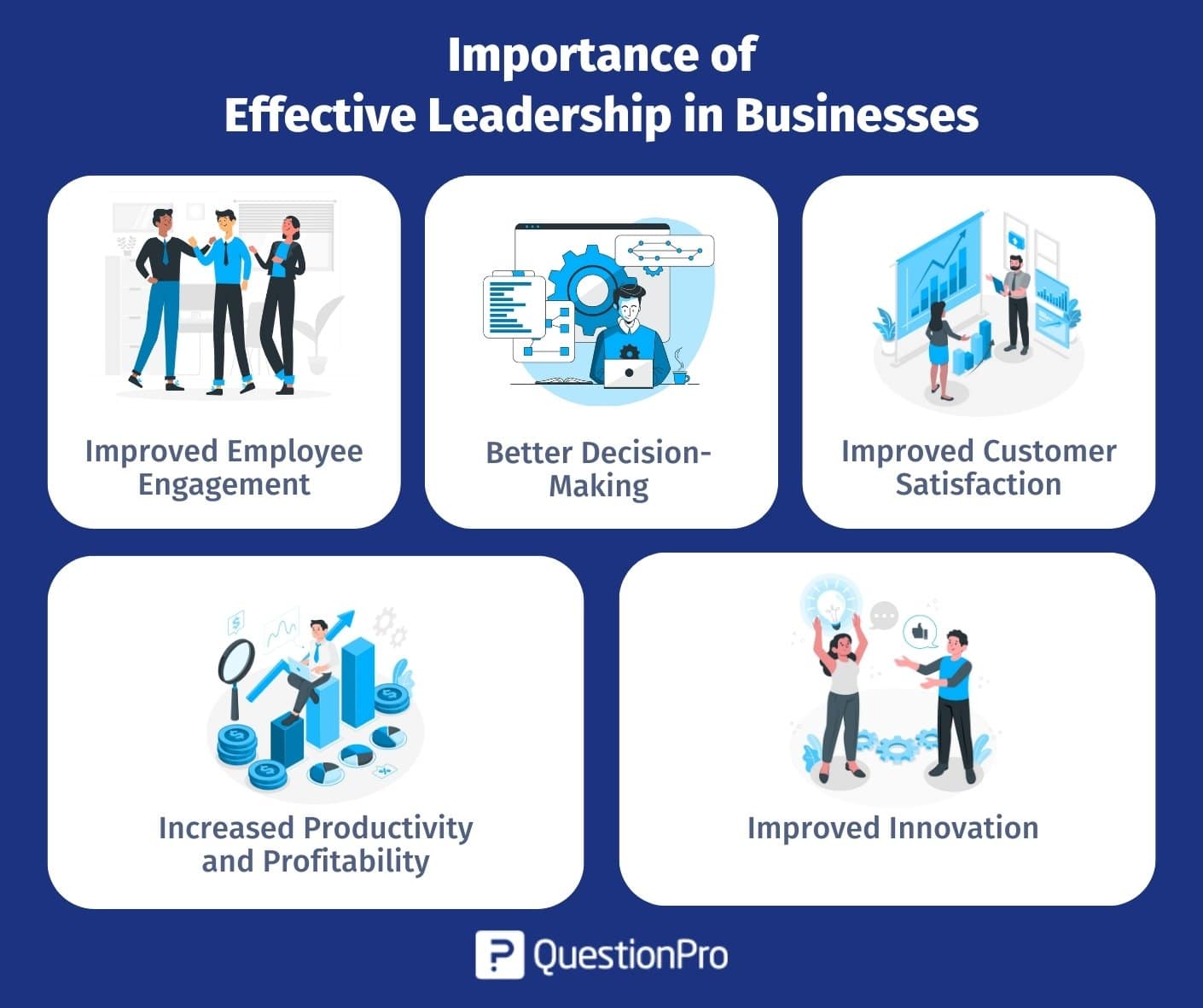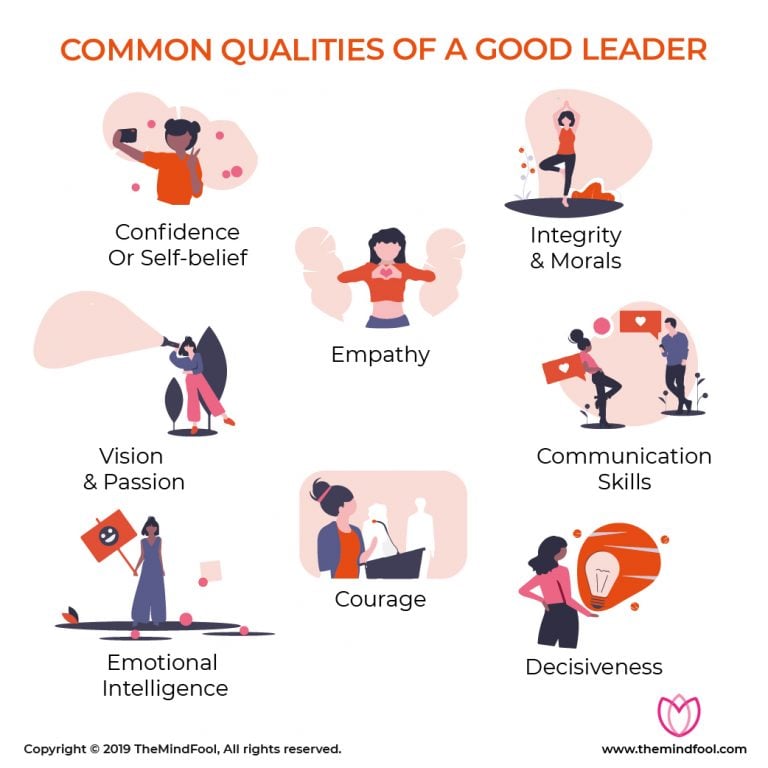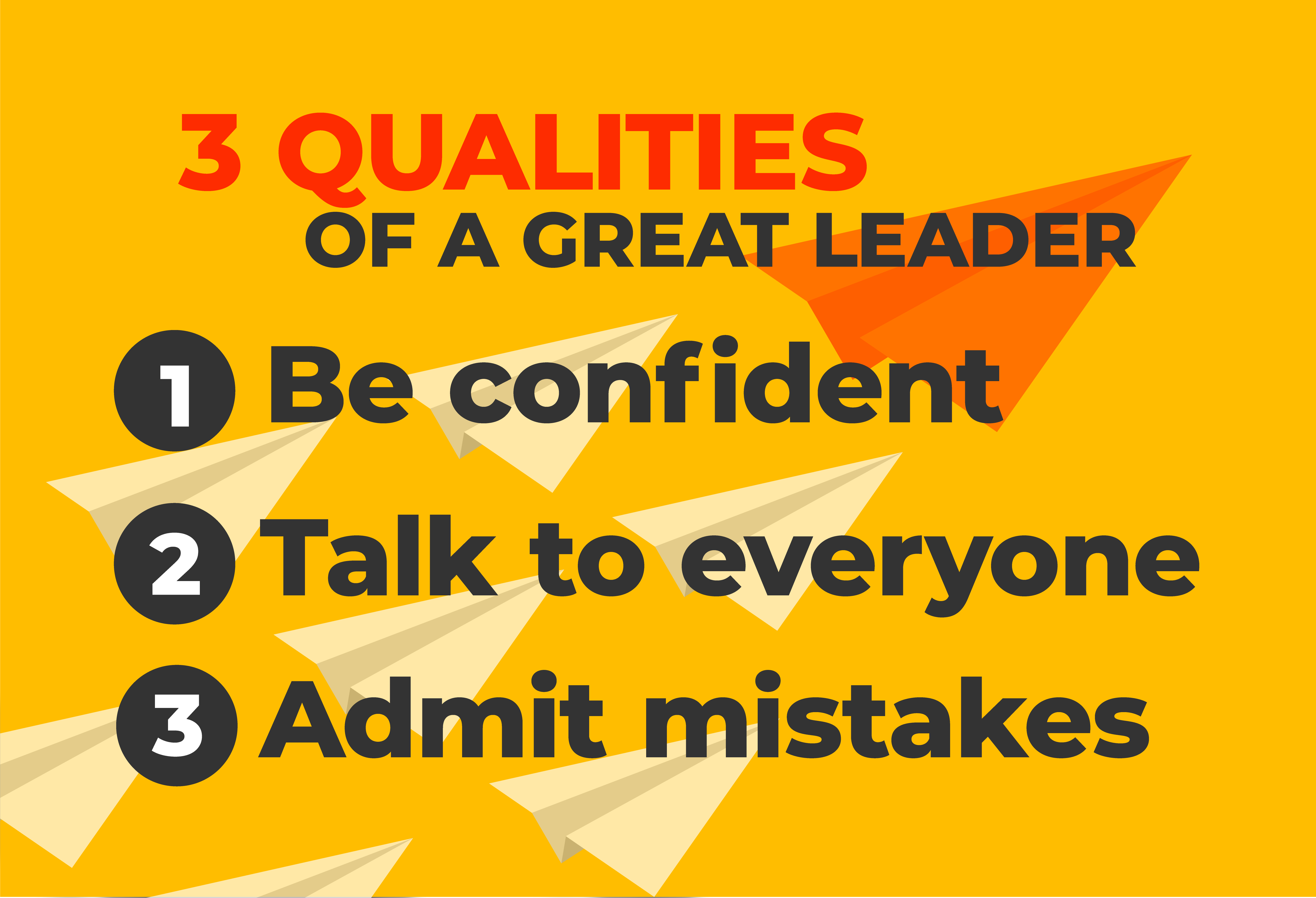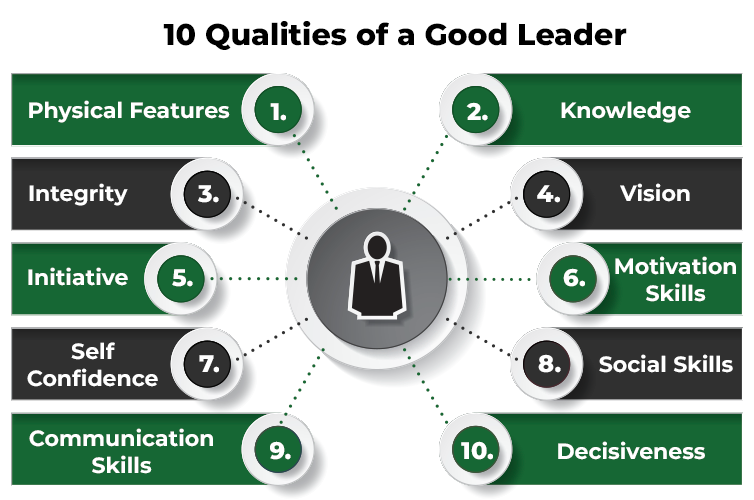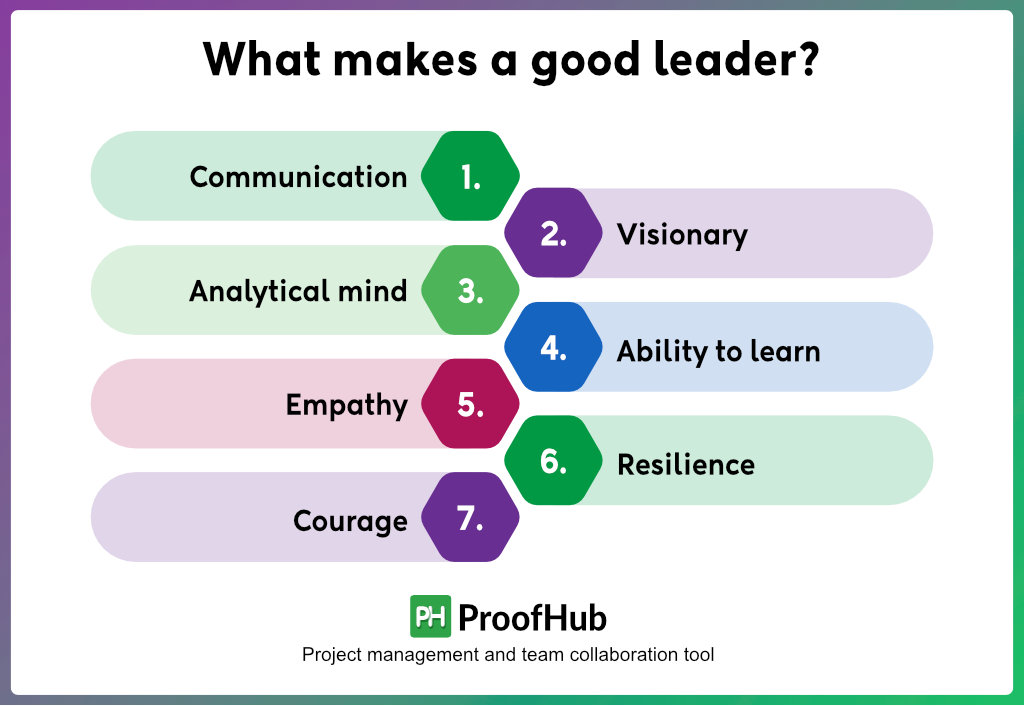What Makes A Good Leader In The Workplace
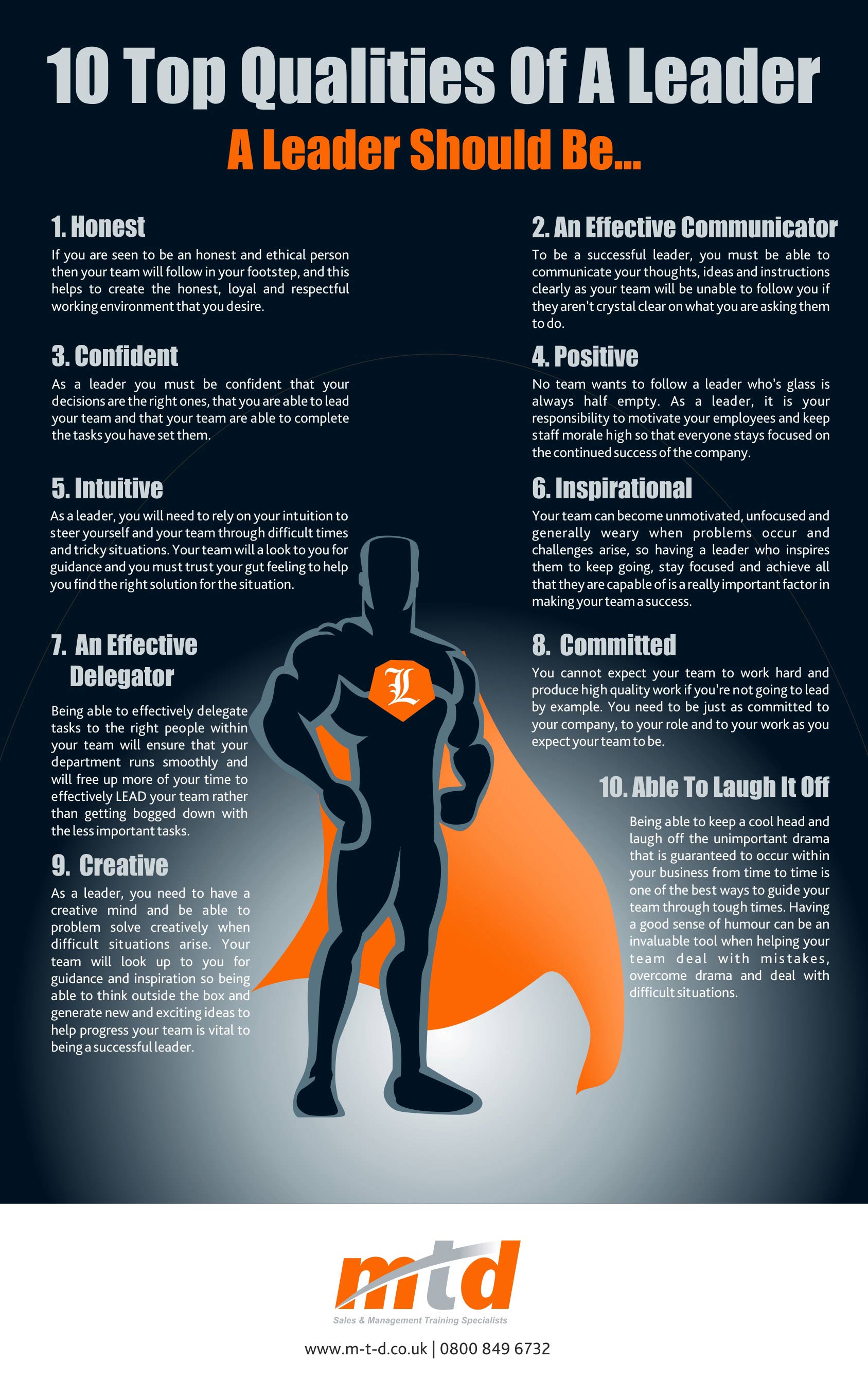
In today's dynamic and often volatile workplace, the demand for effective leadership has never been greater. Organizations face unprecedented challenges, from navigating rapid technological advancements to fostering inclusive and engaged workforces. The ability to inspire, motivate, and guide teams through these complexities is paramount, yet defining what constitutes "good" leadership remains a subject of ongoing debate and research.
At its core, effective workplace leadership transcends traditional notions of authority and control. This article delves into the multifaceted nature of leadership, exploring the key qualities, skills, and approaches that enable individuals to empower their teams, drive organizational success, and create a positive and productive work environment. It draws upon insights from academic research, industry best practices, and expert opinions to provide a comprehensive overview of what makes a good leader in the modern workplace. We will consider how adaptability, empathy, strategic vision, and communication skills contribute to a leader's effectiveness.
Defining Effective Leadership Qualities
Perhaps the most fundamental trait of a good leader is integrity. A leader with integrity earns the trust and respect of their team by consistently demonstrating honesty, ethical behavior, and a commitment to doing what is right, even when it's difficult.
This builds a foundation of confidence within the team, fostering a culture of openness and transparency. According to a study by the Ethics Resource Center, employees are more likely to report misconduct and feel valued when they perceive their leaders as ethical.
Beyond integrity, empathy has emerged as a critical leadership quality. Empathetic leaders are able to understand and appreciate the perspectives, feelings, and needs of their team members.
This allows them to build stronger relationships, provide more effective support, and create a more inclusive and supportive work environment. Recent research from Catalyst highlights the positive correlation between empathetic leadership and increased employee retention and engagement.
Furthermore, a good leader possesses a clear vision and the ability to articulate it in a way that inspires and motivates others. This involves not only defining the organization's goals but also painting a compelling picture of the future and how each team member contributes to achieving that vision.
Essential Leadership Skills
Effective leadership is not solely about inherent qualities; it also requires a specific set of skills that can be developed and honed over time. Communication is undeniably one of the most crucial skills for any leader.
This encompasses not only the ability to clearly and concisely convey information but also the ability to actively listen to and understand the perspectives of others. Good communicators foster open dialogue, provide constructive feedback, and create a culture of transparency.
Another vital skill is the ability to delegate effectively. This involves entrusting tasks and responsibilities to team members, providing them with the necessary resources and support, and empowering them to take ownership of their work.
Effective delegation not only frees up the leader's time to focus on strategic priorities but also fosters employee growth and development. According to a survey by Gallup, employees who feel empowered by their leaders are more engaged and productive.
Finally, good leaders are adept at conflict resolution. Disagreements and conflicts are inevitable in any workplace, and a leader's ability to navigate these situations constructively is essential for maintaining a positive and productive team dynamic.
This requires active listening, empathy, and the ability to find mutually agreeable solutions that address the underlying issues. Leaders must be able to mediate disputes, facilitate difficult conversations, and promote a culture of respect and understanding.
Leadership in a Changing World
The modern workplace is characterized by constant change and disruption. To navigate these challenges effectively, leaders must be adaptable and resilient.
This means being open to new ideas, embracing change, and learning from mistakes. Adaptive leaders are able to pivot quickly in response to changing circumstances and guide their teams through periods of uncertainty and transition.
Moreover, leaders must be prepared to embrace new technologies and integrate them into their organizations. The rise of artificial intelligence, automation, and other emerging technologies is transforming the way we work, and leaders must be able to understand and leverage these technologies to improve efficiency and productivity.
This requires a willingness to learn new skills, experiment with new approaches, and empower their teams to embrace digital transformation.
Looking Ahead: The Future of Leadership
As the workplace continues to evolve, the demands on leaders will only increase. The ability to build trust, foster collaboration, and inspire innovation will be more important than ever.
Leaders must also be committed to creating diverse and inclusive work environments where all employees feel valued and respected. This requires addressing systemic biases, promoting equal opportunities, and fostering a culture of belonging.
Ultimately, the future of leadership lies in empowering individuals to become their best selves and creating organizations that are both successful and sustainable. Good leaders are not just managers; they are mentors, coaches, and inspirations.
By focusing on the qualities and skills outlined in this article, organizations can cultivate leaders who are capable of navigating the complexities of the modern workplace and driving success for years to come.




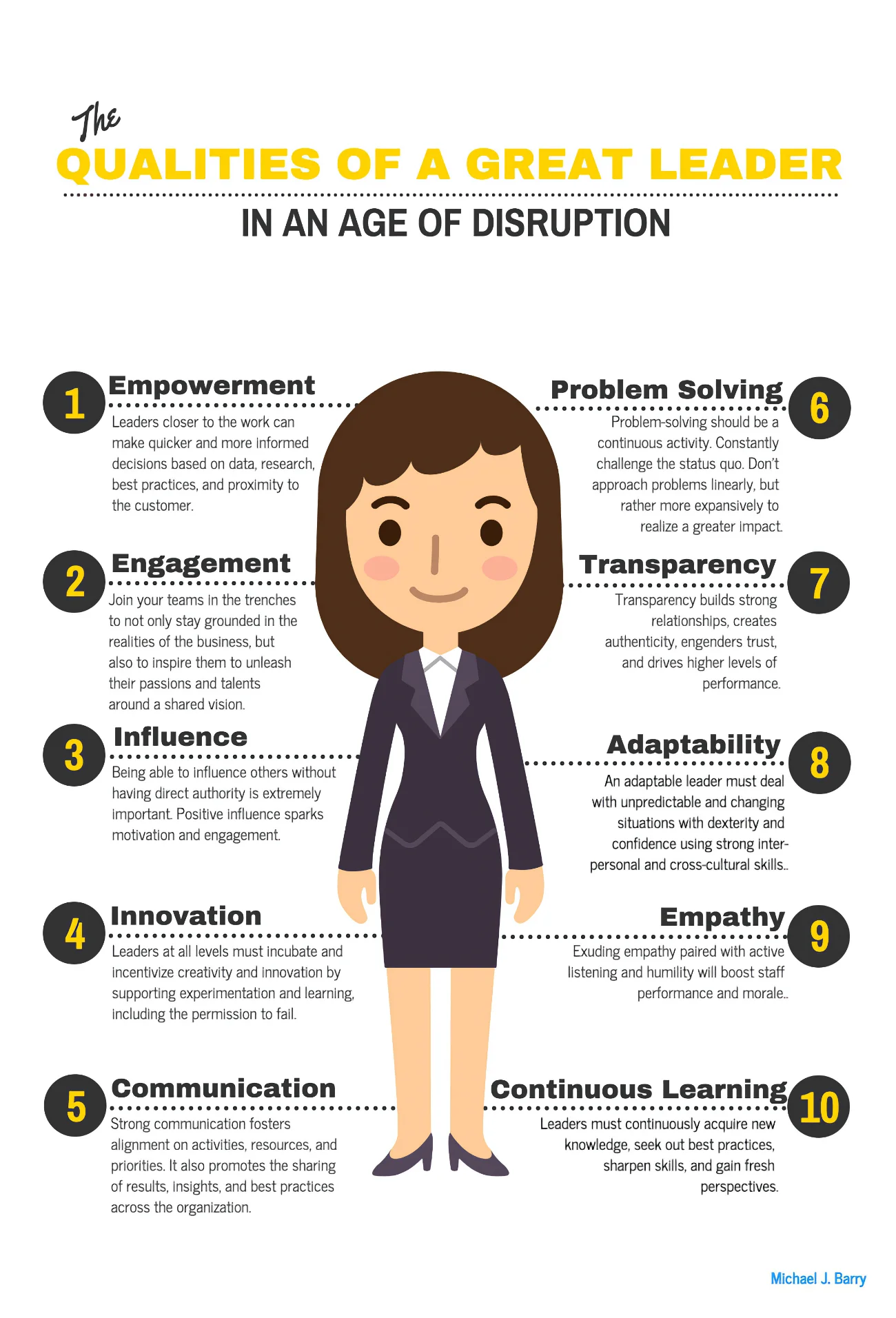
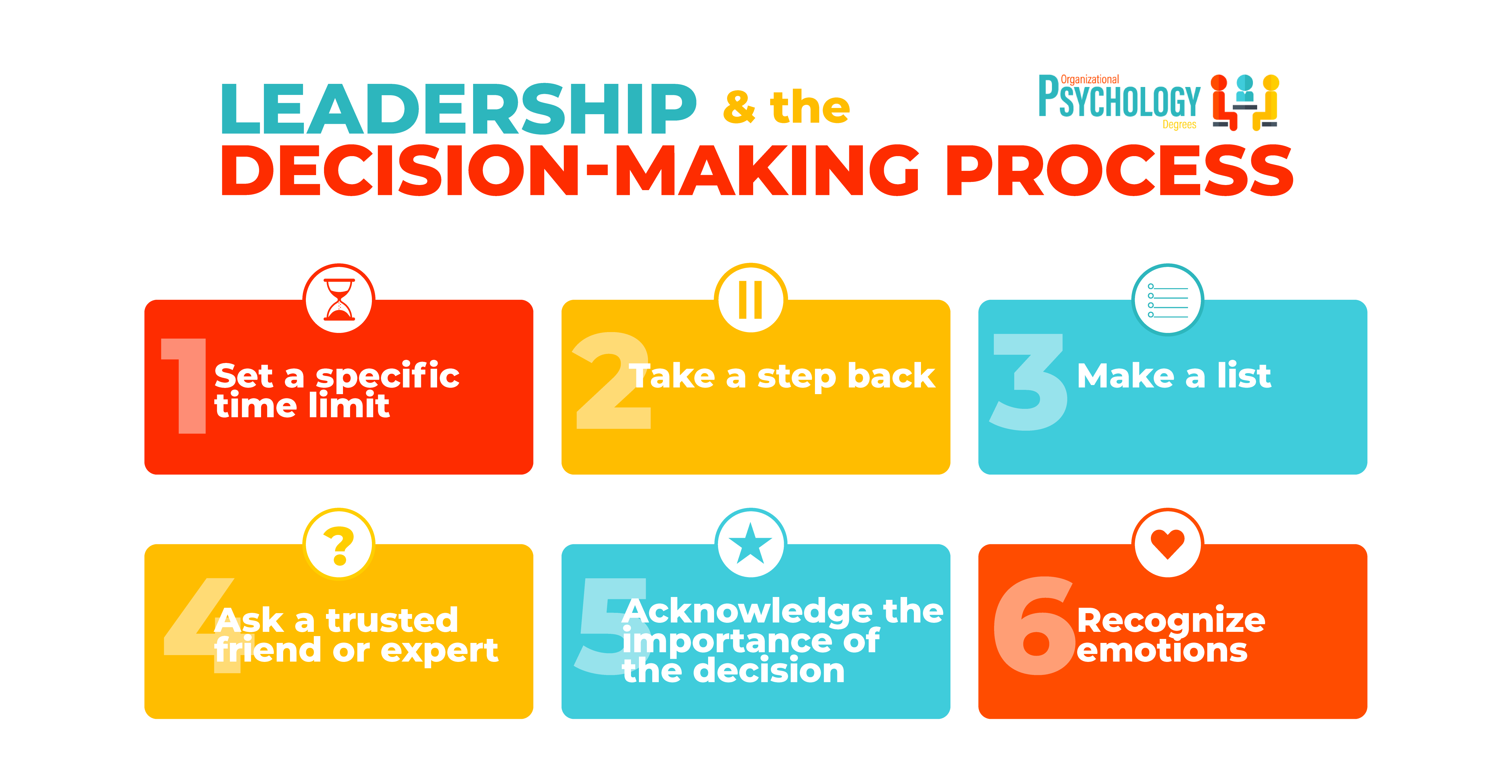

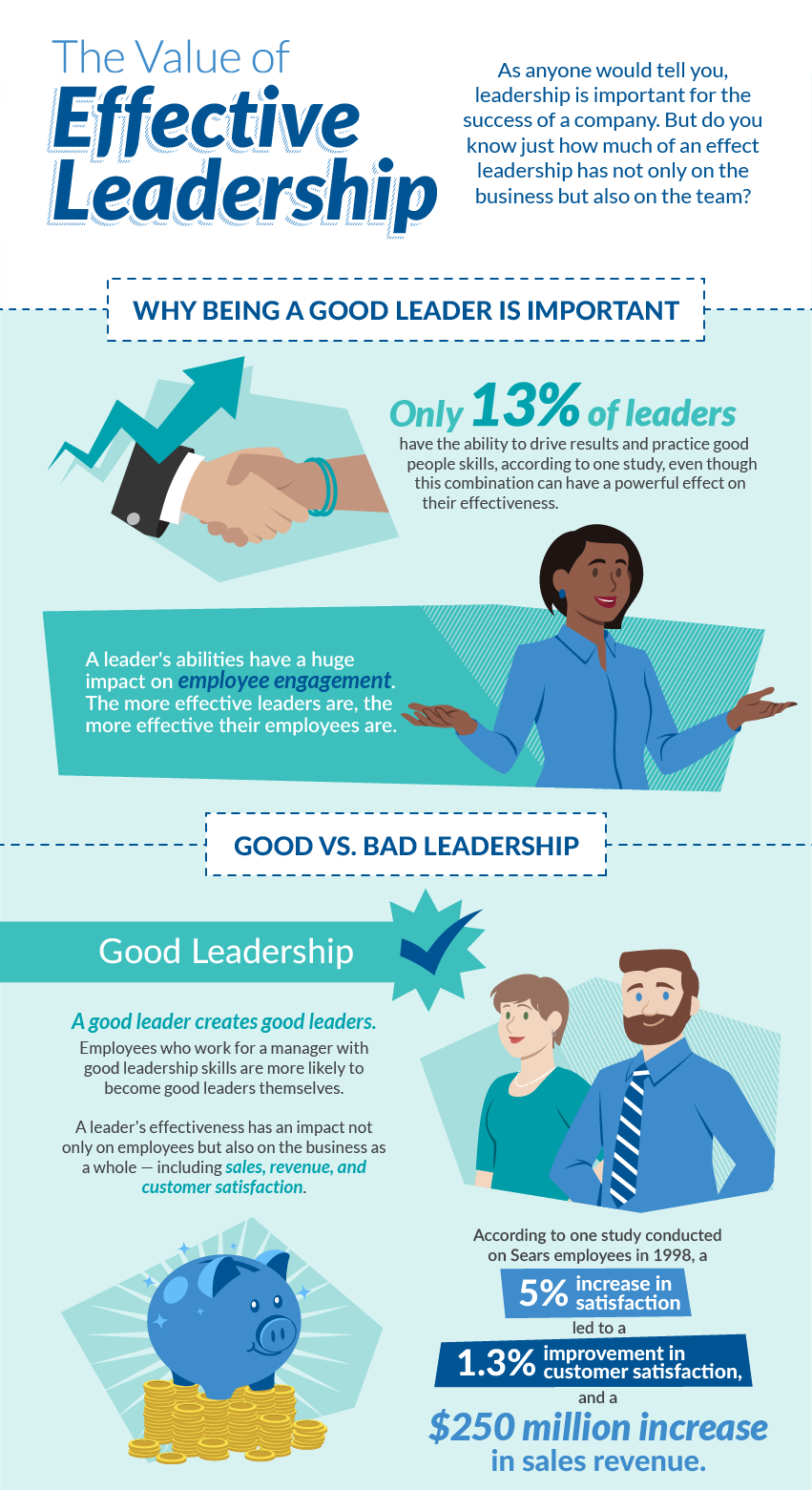
![What Makes A Good Leader In The Workplace [Infographic] The Anatomy of a Great Leader | GoSkills](https://cdn.goskills.com/blobs/blogs/83/2.png)

